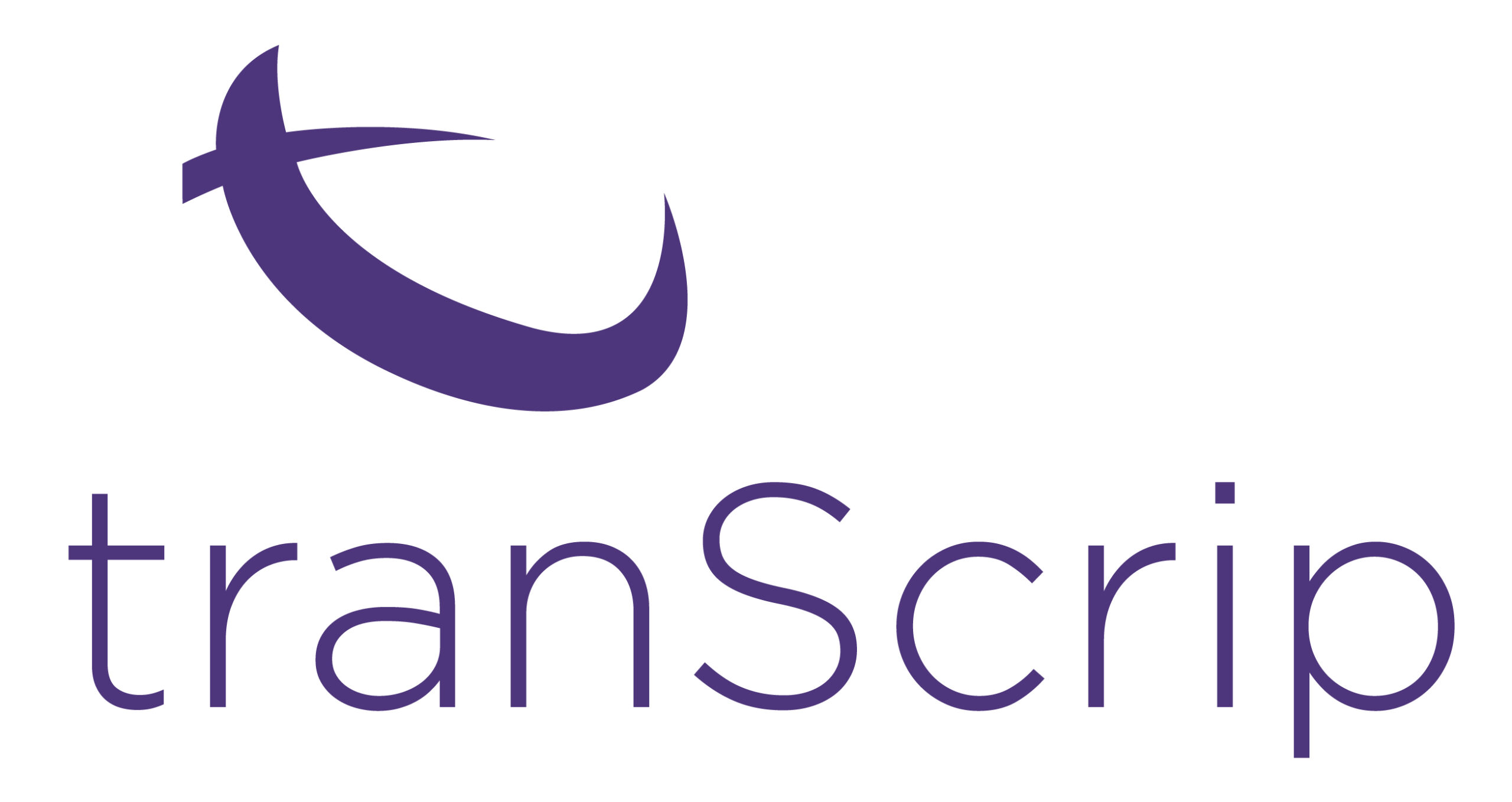
21 Feb 20
Researchers at MIT trained a computer with the structure of 2,500 chemicals, including FDA-approved drugs, some of which were known to be active against E. coli, some of which were not. They then tested it against a library of 6000 compounds and identified a particularly promising one that they dubbed halicin (after the AI Hal in the film 2001: A Space Odyssey”). A mouse study with halicin against a strain of Acinetobacter baumanii resistant to all known antibiotics showed that halicin was effective topically, and showed no resistance development after 30 days.
The researchers then screened a library of 100 million compounds with unknown antibacterial activity and the AI looked for chemicals that it thought could inhibit E. coli, but which were also sufficiently different to known antibiotics. The AI found 23 additional promising compounds. Prof James Collins of MIT, who co-wrote the paper and is a founder of antibiotic company EnBiotix, said that the AI not only looked at a huge number of compounds, but looked at them differently from how a human would, thus avoiding duplicates.
Reference: MIT News
Our physicians, scientists and service experts can help to maximise the value of your products. Whatever your project requires, we have the people to meet your needs.